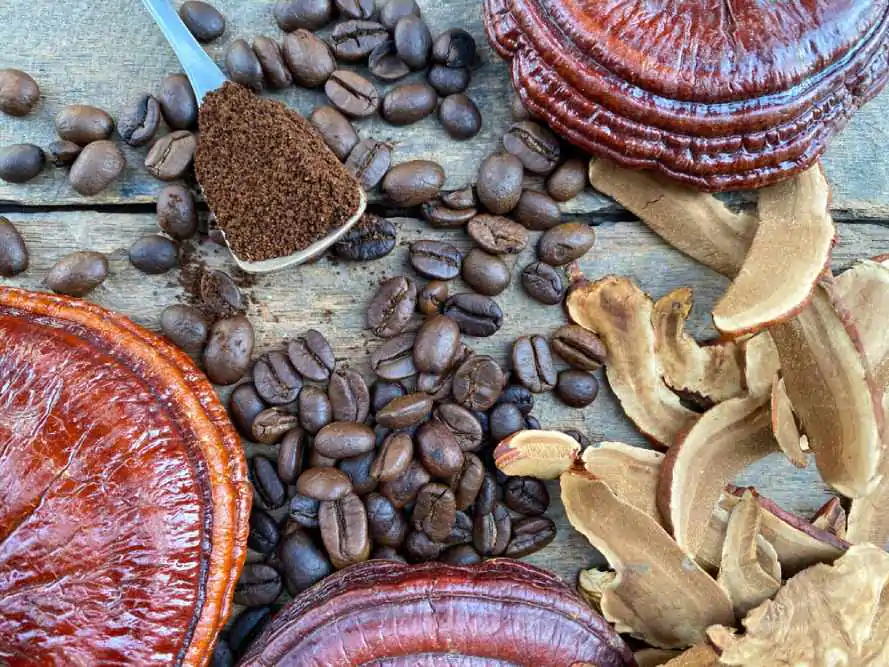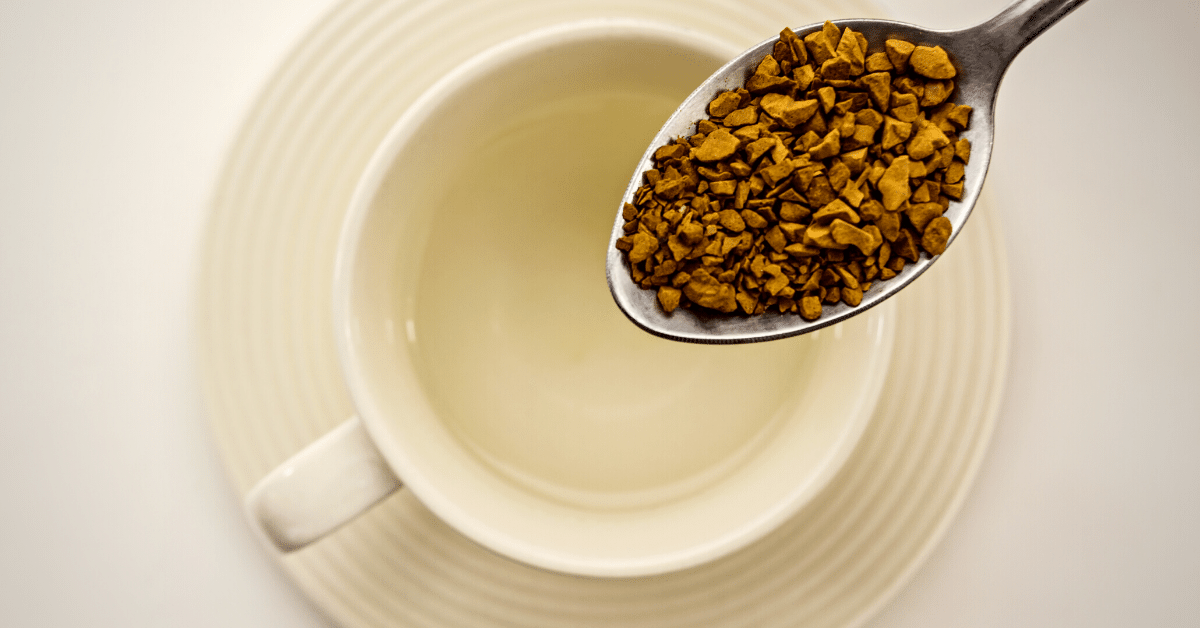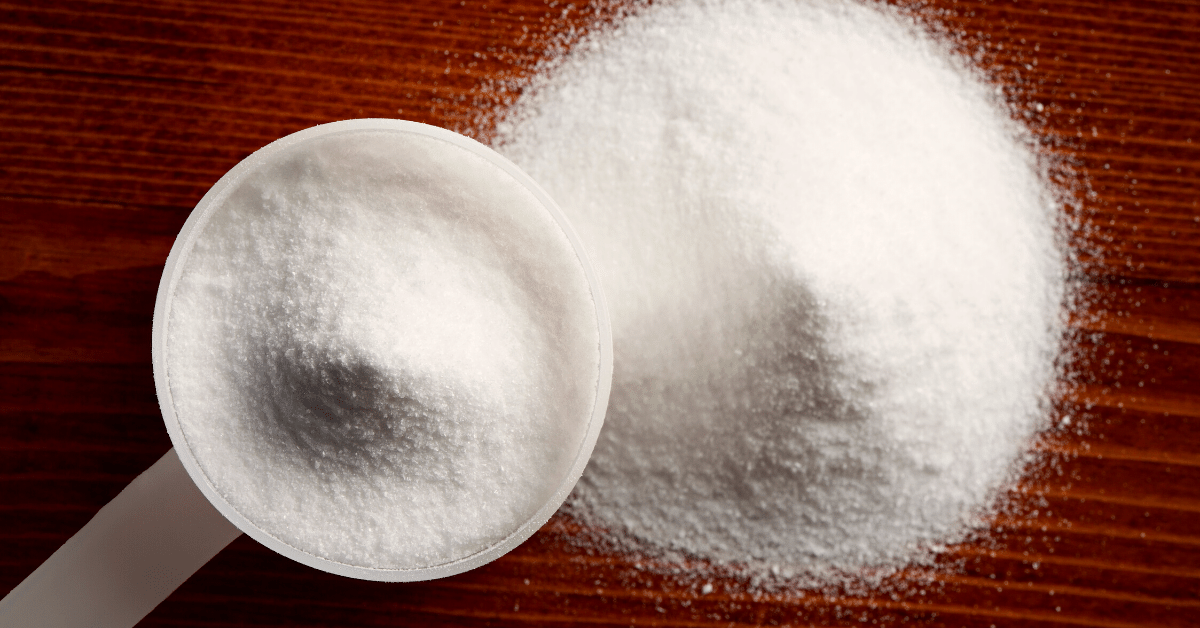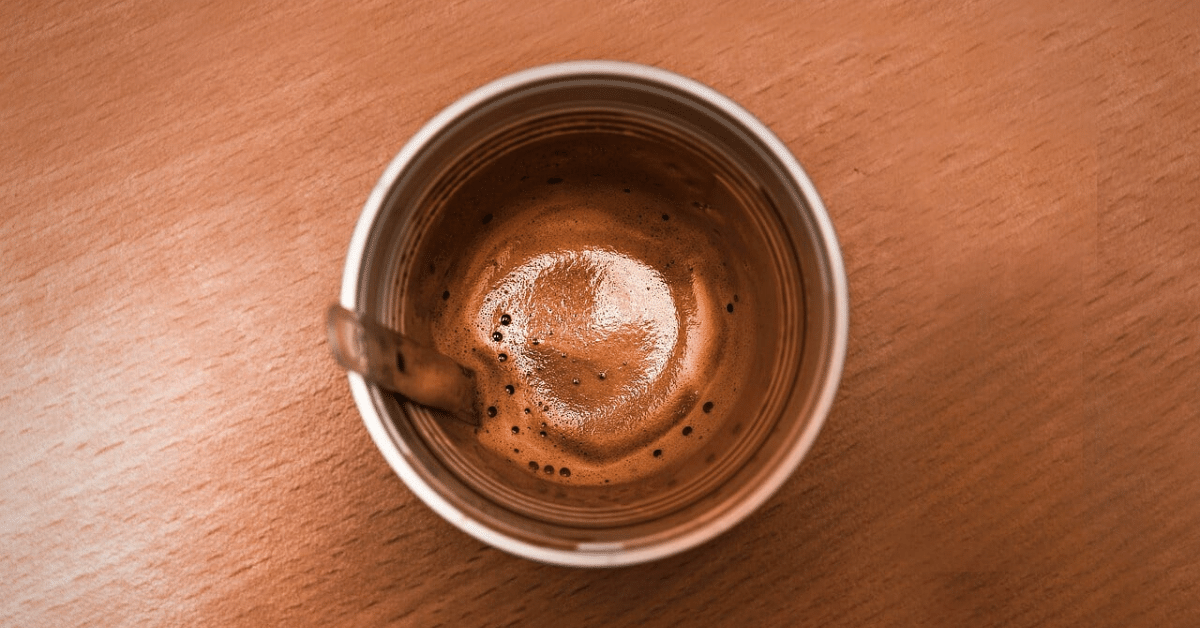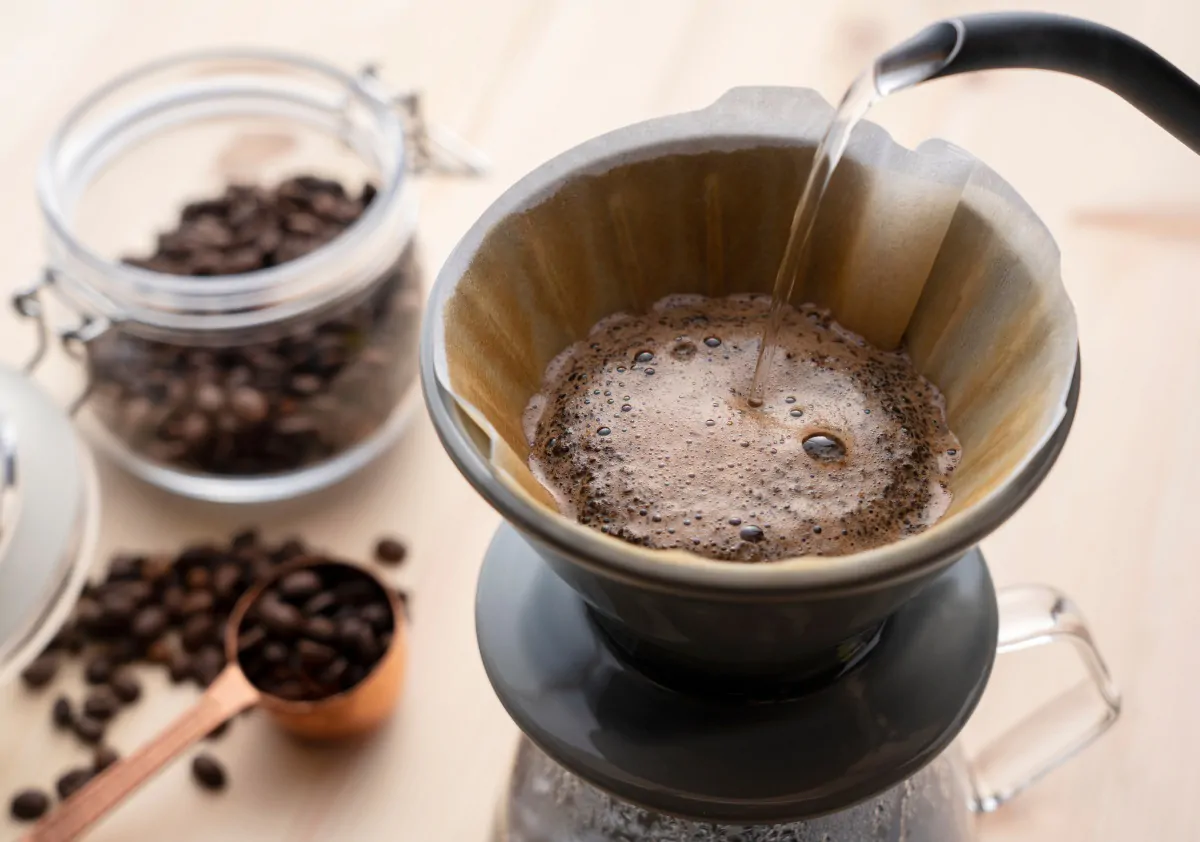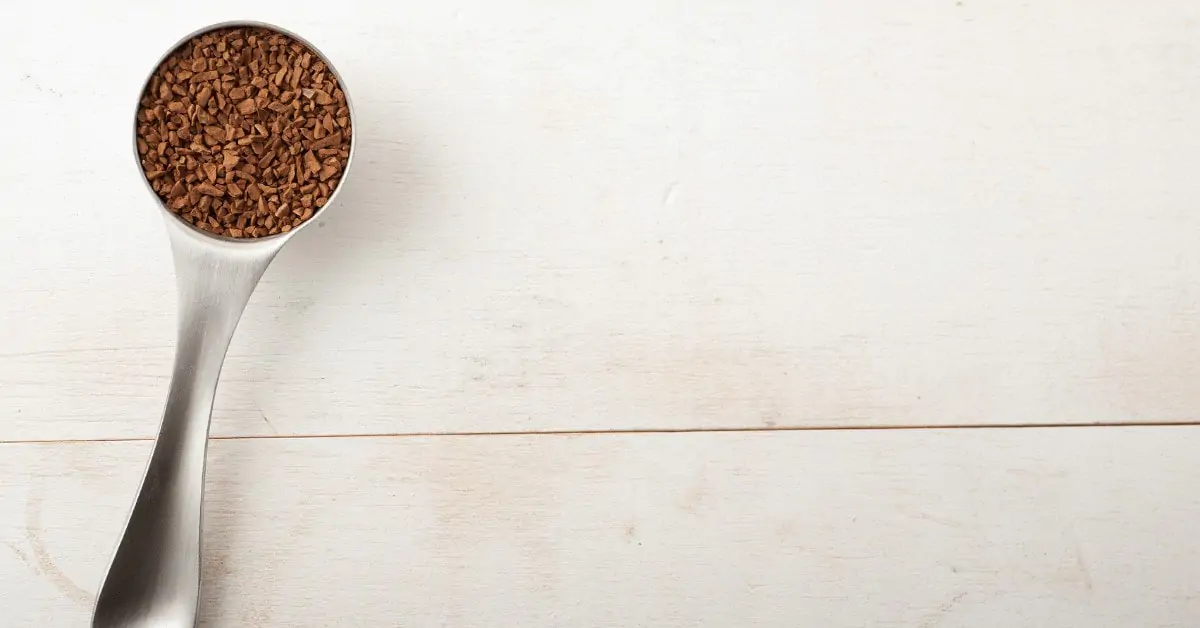Mushroom coffee is slowly gaining momentum in the ever-evolving health and wellness landscape. Today, we’ll discuss the peculiar elixir that is Ganoderma coffee.
You might have encountered Ganoderma coffee if you keep up with modern trends. As a drink combining the legendary medicinal mushroom and your favorite morning pick-me-up, Ganoderma coffee intrigues coffee connoisseurs and health enthusiasts.
Ganoderma coffee is one of many types of caffeinated mushroom drinks out there. If you want to know more, here’s our article on the best mushroom coffee to try.
This article will explore the origins, health benefits, and the science behind Ganoderma coffee. So, let’s dive straight in!
What Is Ganoderma Coffee, Anyway?
Since it’s not exactly a staple on coffee menus, Ganoderma coffee is not a drink that many coffee enthusiasts are familiar with.
So, what is it? Well, the drink’s name is self-explanatory – it’s coffee with Ganoderma. And again, while you might not have heard that name before, here’s an alternative you might know about – reishi.
Ganoderma lucidum mushroom, also known as reishi (in Japan) or lingzhi (in China), is a shiny, dark-colored fungus that grows on decaying trees. The first part of the scientific name is derived from the Greek ganos (shining) and derma (skin), while the second part comes from the Latin ludicus (light).
In many Asian cultures, Ganoderma has been used for medicinal purposes for thousands of years. One of the earliest texts of traditional Chinese medicine that mentions this mushroom dates back 2,000 years and refers to it as the “mushroom of immortality.”
However, while Ganoderma has a long medicinal history in the East, that’s not exactly the case in the West. The mushroom’s global popularity rose with the wellness trend focused on natural products.
Why is adding mushrooms to coffee a thing? First, taking supplements is much easier when paired with your favorite drink.
While taking a pill at a specific time of the day may escape your memory, I bet there’s no way you can forget to make yourself a cup of coffee.
And secondly, because it tastes good. If you don’t like mushrooms, don’t worry – there’s nothing “fungi” about it. Reishi coffee tastes like regular coffee, with slightly more prominent nutty and earthy tones.
Benefits Of Ganoderma Coffee
With such a long medicinal history in the East, it’s clear that Ganoderma has some amazing health benefits. Still, it’s worth noting that scientific studies on the subject are still in the early stages, so take some things with a grain of salt.
Regardless, we can’t ignore some more obvious ways adding this fungus to your coffee can improve your health.
Reduces Stress On Your Body
Ganoderma, like many other mushrooms, is an adaptogen. That means it improves your body’s resistance to stress – be it physical, biological, or chemical in nature. Furthermore, it helps your body manage the stress and get back on track after that period.
How do adaptogens work, you might ask? When exposed to stress, the human body activates the so-called HPA axis, which is a series of events that involves three organs:
- Hypothalamus
- Pituitary gland
- Adrenal glands
When the body is dealing with stress, the hypothalamus releases the corticotropin-releasing hormone (CRH), which causes reactions like a rapid heart rate, boosted attention, and sweating.
CRH also sends signals to the pituitary gland, causing it to produce adrenocorticotropic hormone (ADCH). The main role of this hormone is also to be a messenger, this time for the glands situated above the kidneys – the adrenal glands.
Finally, once it gets the memo, the adrenal glands produce cortisol, the ultimate stress hormone. I say ultimate because this hormone boosts your body to respond to a stressful event. In other words, it wakes up your survival instinct.
This is a good thing to experience when you’re in a fight-or-flight situation. And after that’s over, your body should return to its balanced state. However, for those experiencing chronic pain or anxiety, the “stressful” period may last long.
Well, this is where Ganoderma comes in. Like other adaptogens, this mushroom decreases sensitivity to stressors while increasing tolerance to mental exhaustion. In other words, it helps you cope with the problems.
Supports Immune System
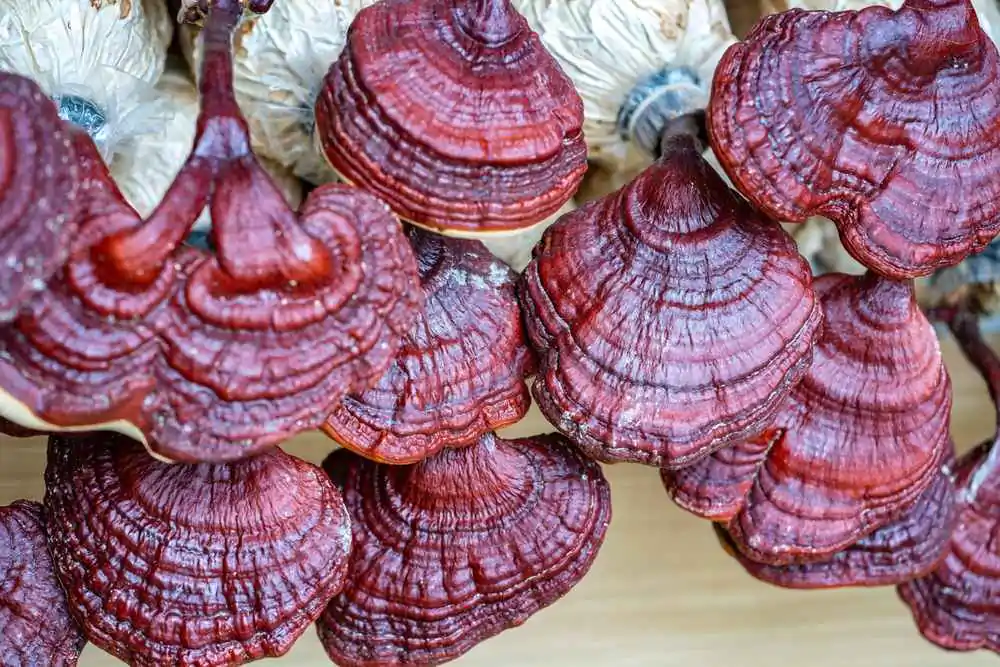
Ganoderma mushroom is rich in polysaccharides, which have strong immunomodulation properties. In other words, they change your immune system so it works more effectively.
Among them, the most important ones are beta-glucans. To put it simply, cell receptors in charge of recognizing antigens bind to beta-glucans, which activate immune cells. By doing so, they’re creating a better defense system against potential infections.
The power of beta-glucans is so strong it might even affect cancer cells. Of course, claiming that they’re a functional treatment against tumors is a long shot, as more clinical research in the field is needed to confirm that. But from what we know so far, it sounds promising.
Relieves Allergies
As we already established, Ganoderma has strong immune-supporting ability. This makes it a great supplement for everyone struggling with seasonal transitions and what they bring.
In the case of allergies, Ganoderma does more than that. As you probably know, allergies are the immune system’s response to something that doesn’t bother other people. Our bodies misinterpret a harmless substance as dangerous and trigger the immune response.
The immune response releases a chemical called histamine, which causes allergy symptoms like sneezing and a runny nose. In severe cases, it may even cause an anaphylactic shock.
Ganoderic acids, which are only found in Ganoderma fungus, inhibit histamine release. As a result, it reduces the severity of your symptoms. As someone struggling with annoying allergies every spring, Ganoderma coffee can be a life changer during the season.
Supports Liver
The liver is responsible for many vital functions, including:
- Metabolization of nutrients
- Storing vitamins and minerals
- Detoxifying and purifying blood
It filters everything that we ingest. Some of those things are good, while others aren’t that much (yes, I’m talking about a triple cheeseburger and similar indulgences).
Studies indicate that this mushroom might have hepatoprotective properties. In other words, it fights off toxins, promotes hepatocyte regeneration, and reduces inflammatory reactions. One animal research shows Ganoderma can even prevent liver damage caused by alcohol!
Has Prebiotic Properties
As you know, our colons contain beneficial bacteria and yeast that strengthen the gut lining and help in food digestion. Now, those microorganisms also need to feed on something. That something is prebiotics.
Prebiotics are a type of fiber that we can’t digest, but probiotics can. This means they don’t get broken down until they reach the colon. There, they’re metabolized by prebiotics and turned into short-chain fatty acids.
Both reishi and coffee contain compounds that act as prebiotics, so including a cup of Ganoderma coffee in your regime benefits your gut health.
Helps With Diabetes Management
Two compounds found in reishi, triterpenoids and polysaccharides, play an important role in diabetes management. Among other things, they help in metabolizing glucose and normalizing insulin levels.
It’s also worth noting that diabetes causes wounds to heal much slower than normal. Polysaccharides activate macrophages, cells that act by removing debris and inducing tissue repair.
Coffee on its own has similar properties to Ganoderma mushroom. So pairing the two together could help you a great deal in keeping your diabetes under control.
Contains Antioxidants
Ganoderma coffee is rich in antioxidants. These compounds help your body fight free radicals – unstable molecules in our body. They can be caused internally as a byproduct of metabolism or from external sources, including cigarette smoke and UV radiation.
Free radicals have an odd number of electrons, which makes them unstable and reactive. However, they strive towards stability, and they achieve that in the most aggressive way – by stealing electrons from other compounds.
Along the process, they damage cells, which causes illness and aging. One of the most obvious physical signs of damage caused by free radicals is sagging, wrinkled skin.
Well, Ganoderma coffee has something to help your body fight back against these unstable molecules. That something is antioxidants.
And Ganoderma mushroom is packed with ergothioneine, considered one of the strongest antioxidants. Essentially, Ganoderma coffee is like an elixir of youth.
Nutritional Information
As you probably know, black coffee has practically no calories. It also has no protein, carbs, or fat. Ganoderma mushroom, on the other hand, contains all three macronutrients. So naturally, your drink will also have them.
The numbers are nothing to fear, even if you’re on a diet. A serving of Ganoderma coffee has roughly 90 calories, most of it coming from carbs. But since a good portion of those carbs is fiber, you’ll eventually get rid of it anyway.
Both coffee and reishi mushrooms contain many minerals essential for our health, including:
- potassium
- phosphorus
- magnesium
- calcium
They’re also great sources of primary B complex vitamins, such as niacin and riboflavin. These vitamins are mostly found in meat and animal-based products, such as dairy, while mushrooms are one of their best plant-based sources. That makes Ganoderma coffee a great addition to any vegan’s diet.
Possible Side Effects Of Ganoderma Coffee
While Ganoderma has plenty of benefits for our bodies, it can also cause certain adverse effects. These include:
- Dry mouth
- Dizziness
- Nausea
- Upset stomach
Of course, coffee could also cause side effects, from acid reflux and high blood pressure to headache and anxiety. However, they should rarely be the issue if you haven’t experienced them before while drinking coffee.
If you want to know more about how a cup of Joe can affect you, check out our guide on the pros and cons of coffee.
Ganoderma Coffee Dosage
No matter how big of a coffee lover you might be, there is such a thing as the upper limit of how much coffee you should drink daily. Well, there’s actually a limit to caffeine content (meaning you can always have an extra cup of decaf).
According to the FDA, a healthy adult’s recommended maximum daily caffeine intake is 400 milligrams. For pregnant and breastfeeding women, that number is halved.
As for Ganoderma, there’s no set maximum dosage due to the limited amount of research on the subject. However, it’s estimated to be roughly between 1.4 and 5.4 grams per day.
Of course, these are just general guidelines. No person is equal, and your tolerance to Ganoderma coffee depends on factors like age and health.
When it comes to caffeine content, it depends solely on the type of brewing method and beans used. Ganoderma mushroom has no caffeine, so it doesn’t help in being more awake.
How To Make Ganoderma Coffee
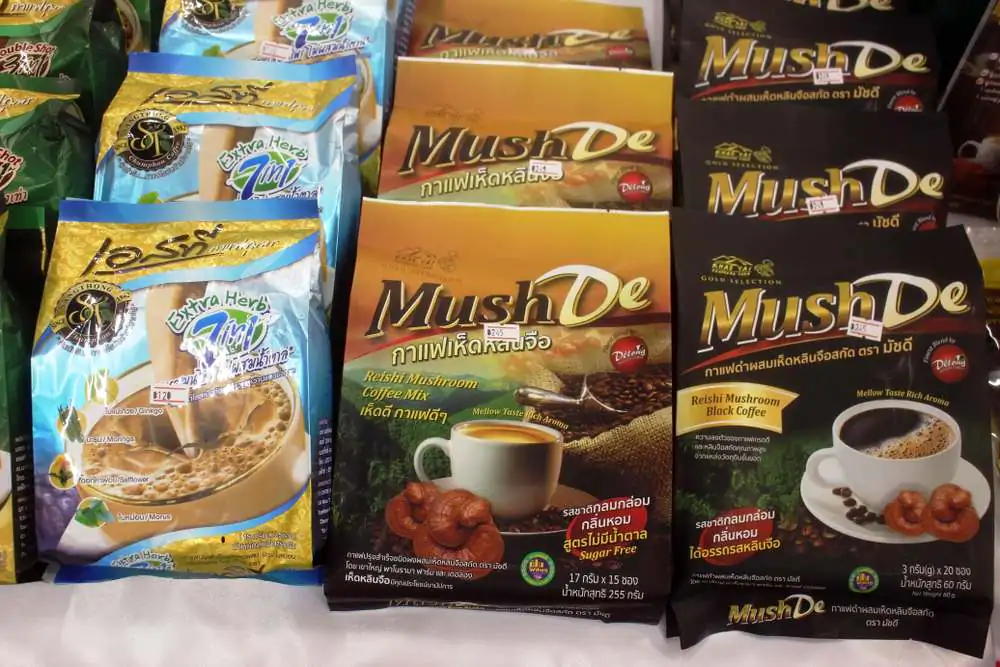
Enjoying a cup of Ganoderma coffee is pretty convenient these days. From canned drinks to instant coffee powders (sold as packs of 20 sachets), many beverage brands save you the trouble of mixing the two ingredients. If you don’t want to be troubled with dosing, this is the easiest way to get your mushroom coffee fix.
However, making this drink from scratch is easy. All you need is Ganoderma mushroom extract, available as powder and liquid.
What’s great about making Ganoderma coffee at home is that you can choose whichever brewing method you prefer. French press or espresso? It doesn’t matter. For inspiration, check out our guide for the best coffee brewing methods at home.
The only thing is – you should pay attention to the amount you’re using. As we already established, the daily recommended dose is up to one teaspoon. In case you’re using a liquid reishi extract, that equals one elixir stick.
I recommend adding the whole dose to a single cup of coffee for the best flavor. That way, you can sense those nutty, earthy undertones in your drink.
However, if you don’t like the flavor of Ganoderma but want all the benefits – then by all means, divide the daily dosage into portions. So, for instance, ⅓ goes into your morning cup, ⅓ into a midday latte, and ⅓ in your evening decaf.
Final Thoughts On Ganoderma Coffee
As you can see, this unique blend offers more than just a morning pick-me-up. Ganoderma coffee has many potential health benefits, but that’s not all it adds to the table. The blend of robust coffee with the earthy notes of reishi mushrooms creates a distinctive flavor profile that appeals to a wide audience.
And the best thing about it? It’s not limited to a single formula. You can combine different beans and brewing methods to tailor your Ganoderma coffee experience to your preferences and needs.
Looking for more ways to make your cup of java healthier? Here’s our article on the benefits of flaxseed in coffee.

